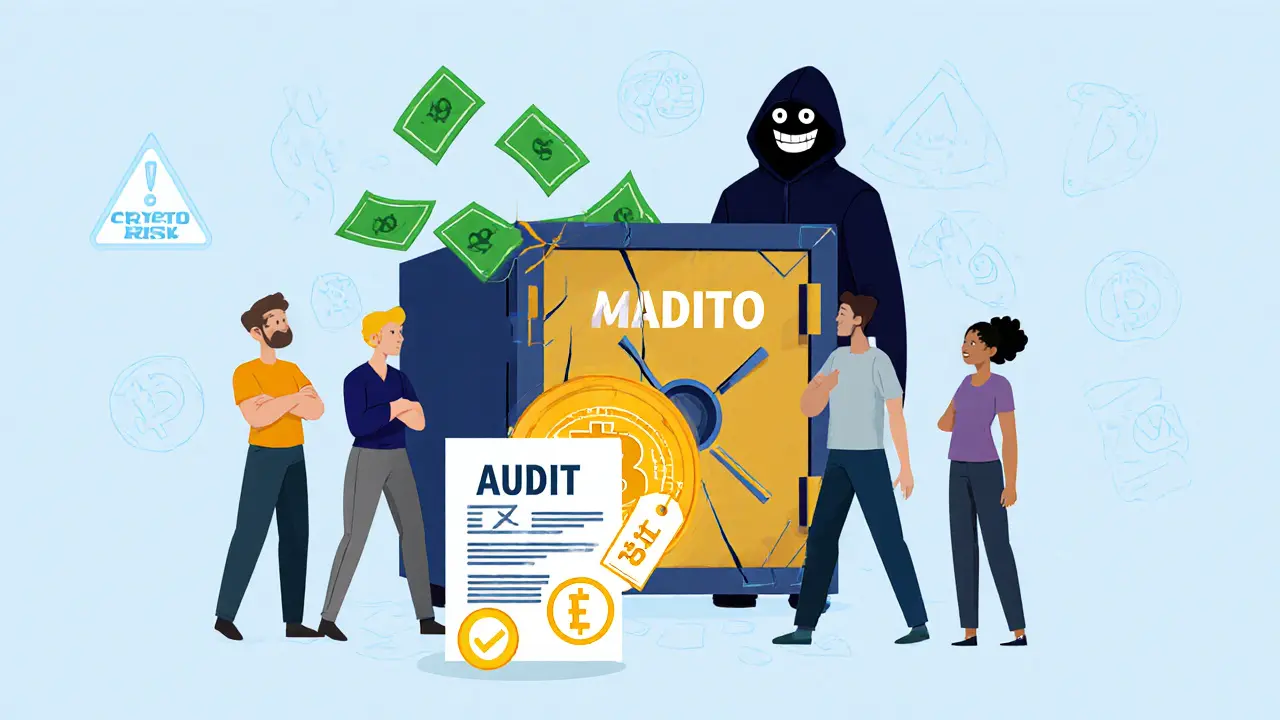Professional Crypto Audit: What It Is and Why It Matters
When you hear professional crypto audit, a detailed security review of blockchain code, smart contracts, or exchange platforms to find vulnerabilities before they’re exploited. Also known as blockchain security audit, it’s the digital equivalent of inspecting the locks on your safe before you store your cash inside. Most crypto projects claim to be secure—but without a real audit, that’s just a guess. And in a space where $100 million can vanish in minutes because of a single line of bad code, guessing isn’t an option.
There are three main types of smart contract audit, a deep technical review of the code that runs decentralized apps, tokens, and automated financial systems: functional, security, and gas optimization. A good audit doesn’t just check for obvious bugs—it looks at how the code behaves under stress, how it handles edge cases, and whether it can be manipulated by attackers. Companies like CertiK, Quantstamp, and PeckShield do these audits for major projects. If a token’s website doesn’t link to a public audit report from a known firm, treat it like a car with no inspection sticker.
crypto exchange audit, an evaluation of a platform’s infrastructure, wallet security, and internal controls to prevent hacks and fraud is just as critical. Exchanges like Binance and Kraken publish regular audit reports showing they hold users’ funds. But look at platforms like Beeblock or United Exchange—no audits, no transparency, no trust. Even if a site looks professional, if it skips the audit, it’s playing Russian roulette with your money.
And then there’s DeFi audit, a specialized review of decentralized finance protocols that handle lending, staking, and automated trading. These systems move billions in real time, with no human in the loop. A single flaw in a liquidity pool contract can drain millions. That’s why projects like Aave and Compound publish their audit results openly—because users demand proof, not promises.
Don’t confuse audits with marketing. Some teams pay for a basic scan and then slap "Audited by XYZ" on their website, even if the report didn’t cover the core code. Always check the audit date, scope, and whether the firm is reputable. A 2021 audit on a project that’s changed its code 12 times since then? Meaningless. A report from a known auditor that details every function tested? That’s worth reading.
Behind every major crypto hack—from the Poly Network breach to the Ronin heist—there was a missing or ignored audit. The people who lost money didn’t get scammed by a fake website. They trusted a project that skipped the basics. A professional crypto audit isn’t a luxury. It’s the bare minimum you should expect before putting your money in.
Below, you’ll find real examples of projects that got audited—and those that didn’t. Some lost everything. Others stayed safe because they did the work upfront. You don’t need to understand the code to protect yourself. You just need to know who checked it, and whether you can trust their report.
